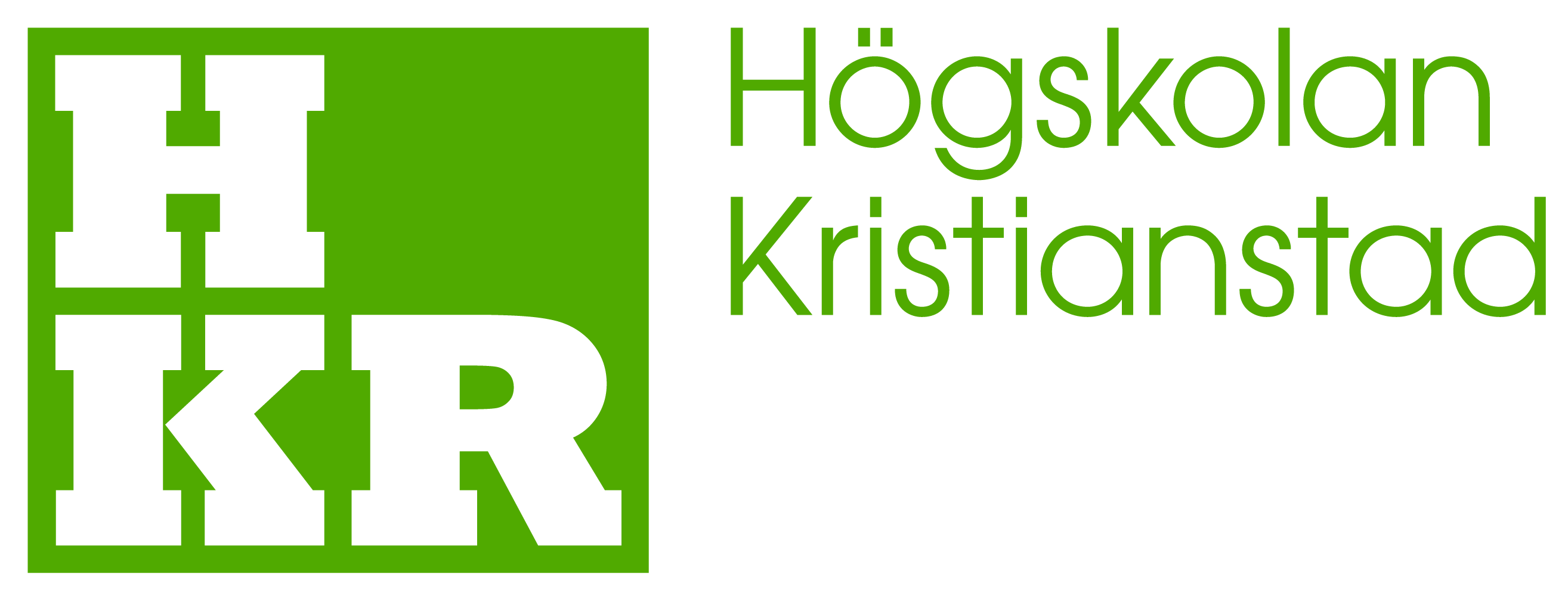Den svenska skolan och det mångkulturella - en paradox? / Caroline Ljungberg.
Språk: Svenska Språk på sammanfattning: Engelska Serie: Malmö studies in international migration and ethnic relations ; 4 | Linköping studies in arts and science ; 329Utgivningsuppgift: Malmö : IMER, Malmö högskola ; Linköping : Tema Etnicitet, Linköpings universitet, 2005Tillverkare: Malmö : Prinfo Team offset & MediaBeskrivning: 238 s. ill. 25 cmInnehållstyp:- text
- unmediated
- volume
- 918529988X
- 9171040668
- 370.117 22
- Em-c
- Ohe-c
| Exemplartyp | Aktuellt bibliotek | Placering | Hyllsignatur | Status | Streckkod | |
|---|---|---|---|---|---|---|
| Bok | Biblioteket HKR | Biblioteket | 370.117 Ljungberg | Tillgänglig | 11156000147806 |
Diss. Linköping : Linköpings universitet, 2005
The preoccupation of the study revolves around relations between everyday life in Swedish schools and the multicultural context of Swedish society. Based on fieldwork, media debates, analysis of policy documents, discussions with teachers as well as teacher’s educators, and interviews with principals working in the elementary schools of Malmö, the dissertation explores three analytical arenas; schools as (re)producers of values and norms, the multicultural school and finally the locations of schools in time and space. The aim of the discussion concerning relations between the functions of education in modern societies, and migration related issues and aspects of multiculturalism, is to highlight paradoxes in the role of schools. The policy documents specify certain goals of education, which are paradoxically caught between the ideals of a traditional understanding of modernity and consequences of migration and globalisation. Schools and education in general, have a pivotal role in Swedish society, not merely as mediators of knowledge, but also as (re)producers of systems of values and norms. These values and norms constitute what is acceptable in society. The scope for ’otherness’ is restricted, but also negotiable and changeable. Values and norms in the context of schools are often considered to be self-evident and are therefore not up for discussions or debates in everyday work of teachers and principals. Some of these values are so well integrated in a ’common sense’, that they become invisible and unconscious. The ambition of the dissertation is to make them visible – to formulate and analyse them – to make a further discussion possible. The study concludes that the concept of critical multiculturalism could be useable for highlighting ideological aspects and paradoxes of the school in Sweden today. The role of education should be discussed in the light of relations between individuals and groups in society, and with self-understanding as well as, self-criticism as key aspects.
Sammanfattning på engelska med titeln: The Swedish school and multiculturalism - a paradox?
